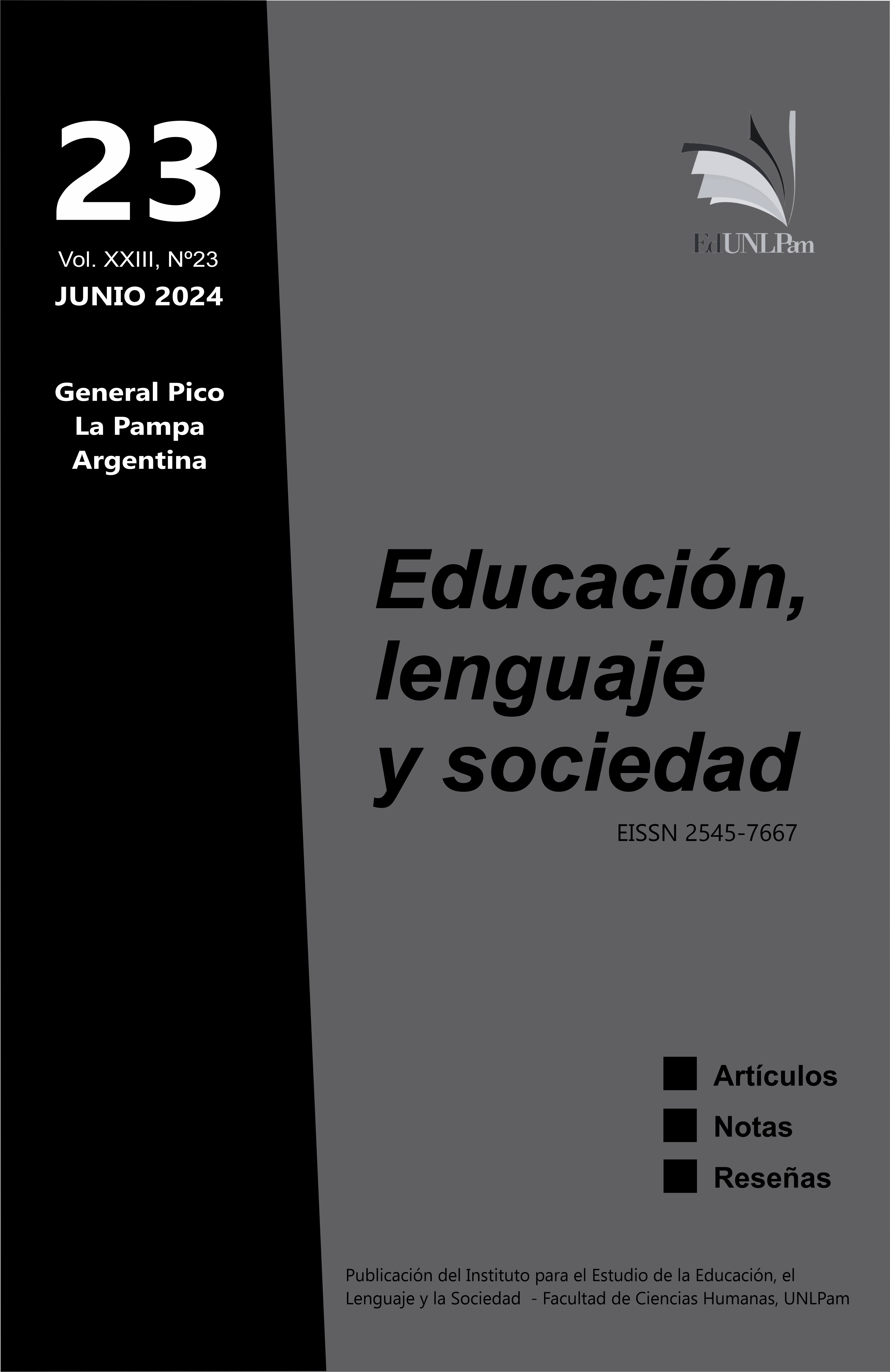To what extent are today's „children‟ different from those of old-time? A psychoanalytic contribution to the debate on the plurality of childhoods
DOI:
https://doi.org/10.19137/els-2024-232302Keywords:
childhood, education, infanticide, children, psychoanalysisAbstract
We intuit that children would no longer have a childhood. Childhood, commonly regarded as a natural stage of life, would be in the process of disappearing. To examine this intuition, we resort to the studies of Philippe Ariès (1960) about the emergence of the modern childhood feeling and those ones of Neil Postman‟s (1982) about its current and gradual disappearance. We wonder if there would be a more appropriate feeling of childhood to the development of „children‟ than any other. In other words, we question if there would be an „adapted‟ childhood. For this, we make use of the conceptual tools of psychoanalysis. We subvert the classic imaginary pairs adult-child and adult minor, typical of the field of developmental psychologies, and propose to think about the educational process considering the pair of terms old-infants. In so doing, we are leaving aside the idea of a childlike essence, and
presenting the thesis of a three-phase childhood operating in the field of word and language. This symbolic operator is responsible for the institution within the educational process of the always-plural childhoods, according to times and geographies, as well as for the childish, no longer understood as a qualifying adjective, but rather as a noun as conceived by Sigmund Freud.
Downloads
References
Agamben, G. (2004). Infancia e historia. Buenos Aires: Adriana Hidalgo Editora.
Ariès, Ph. (1960). L’enfant et la vie familiale sous l’Ancien Régime[El niño y la vida familiar en el antiguo régimen]. París: Éditions Plons.
Ariès, Ph. (1979). L’enfant (Entretien). En J-B. Pontalis (Comp.) L’enfant[El niño]. París: Gallimard.
de Lajonquière, L. (2000). Infancia e ilusión (psico)pedagógica. BuenosAires: Nueva Visión.
de Lajonquière, L. (2011). Figuras de lo infantil. Buenos Aires: Nueva Visión.
de Lajonquière, L. (2023). La educación no tiene remedio. En M. Scrinzi, L. de Lajonquière e I. Sena, Infancia y educación. Aportes para interrogar los saberes expertos. Rosario: Homo Sapiens Ediciones.
Dolto, F. (1994). Les chemins de l’éducation [Los caminos de la educación]. París: Gallimard.
Freud, S. (1973a). Tres ensayos para una teoría sexual. En S. Freud. Obras Completas (pp. 1169-1237), v. 2. Madrid: Biblioteca Nueva.
Freud, S. (1973b). Lo siniestro. En S. Freud. Obras Completas (pp. 2483-2506), v. 3. Madrid: Biblioteca Nueva.
Freud, S. (1973c). Prefacio para un libro de Auhgust Aichhorn. En S. Freud. Obras Completas (pp. 3216-3217), v. 3. Madrid: Biblioteca Nueva.
Freud, S. (1973d). Análisis terminable e interminable. En S. Freud. Obras Completas (pp. 3339-3364), v. 3. Madrid: Biblioteca Nueva
Itard, J. (1994). Victor de l’Aveyron [Víctor del Aveyron]. Paris: Éditions Allia.
Lacan, J. (1975a). Le Séminaire, livre I [El seminario, libro 1]. París: Éditions du Seuil.
Lacan, J. (1975b). Le Séminaire, livre XX [El seminario, libro XX]. París: Éditions du Seuil.
Lacan, J. (2013). Le Séminaire, libre VI[El seminario, libro VI ]. París: Éditions du Seuil.
Pontalis, J-B. (Comp.) (1979). L’enfant [El niño]. París: Gallimard.
Postman, N. (1982). The Disappearence of Childhood [La desaparición de la infancia]. New York: Delacorte Press










21.png)







